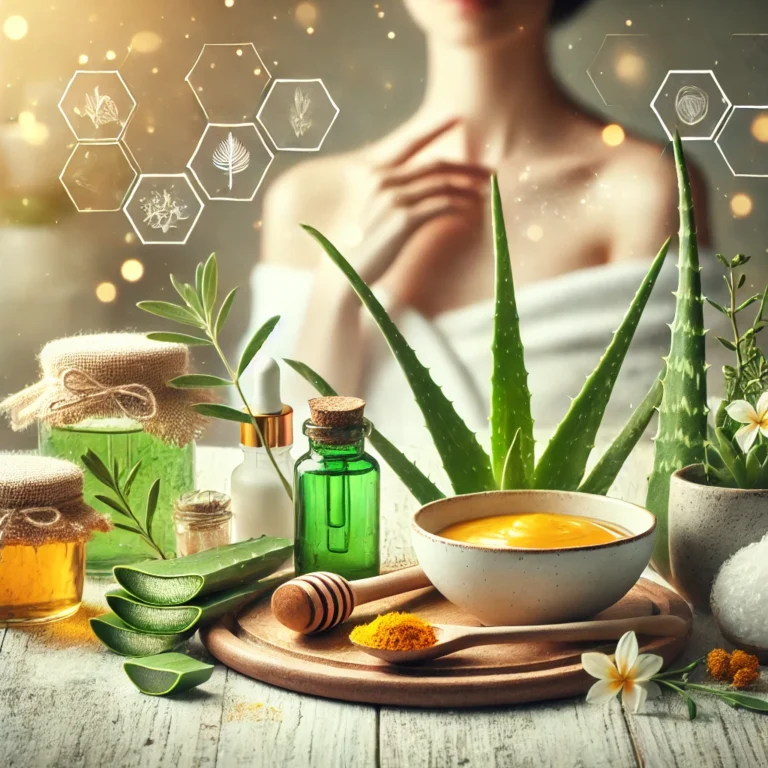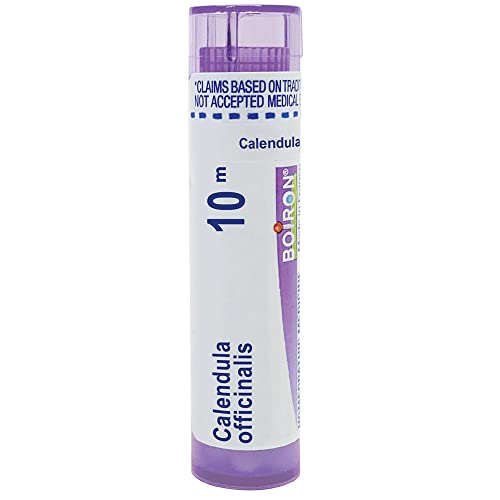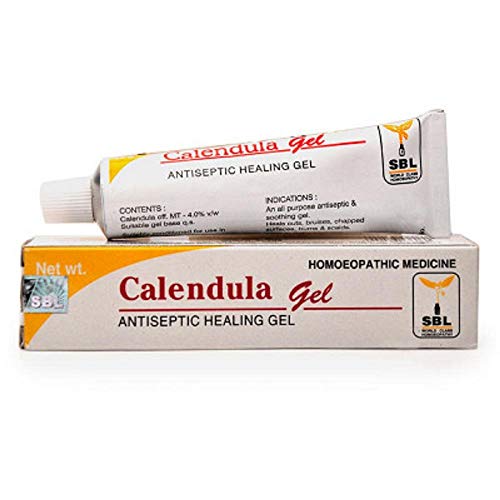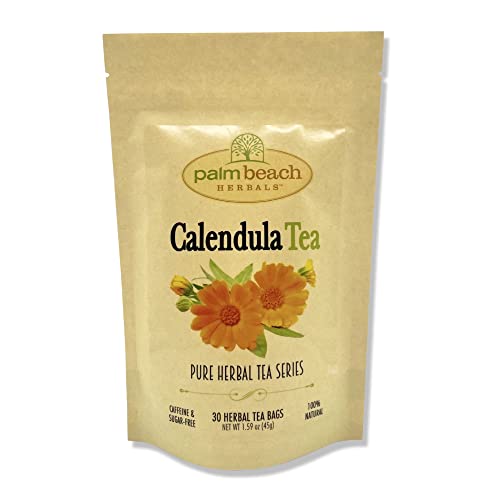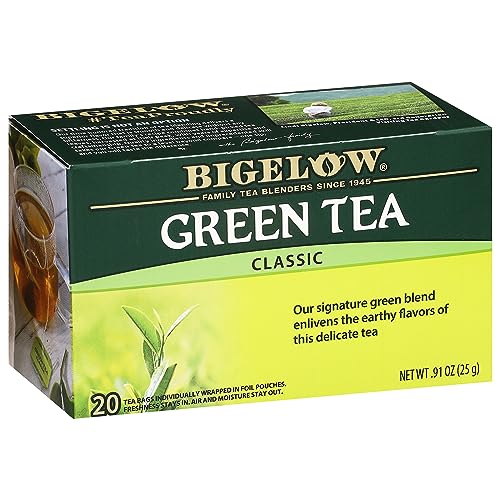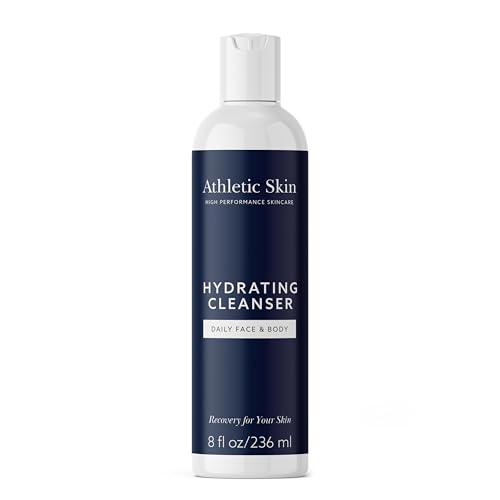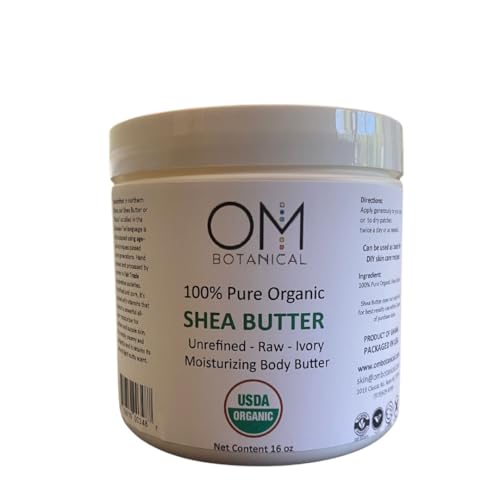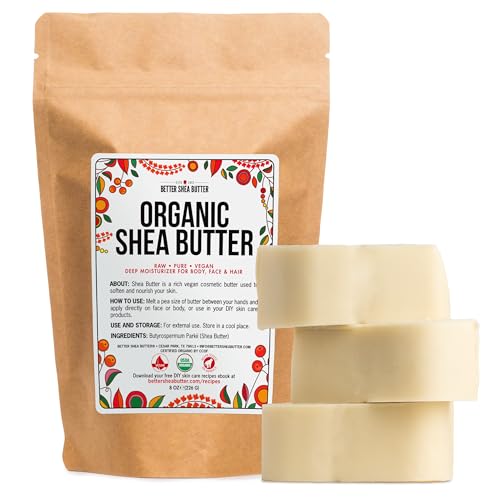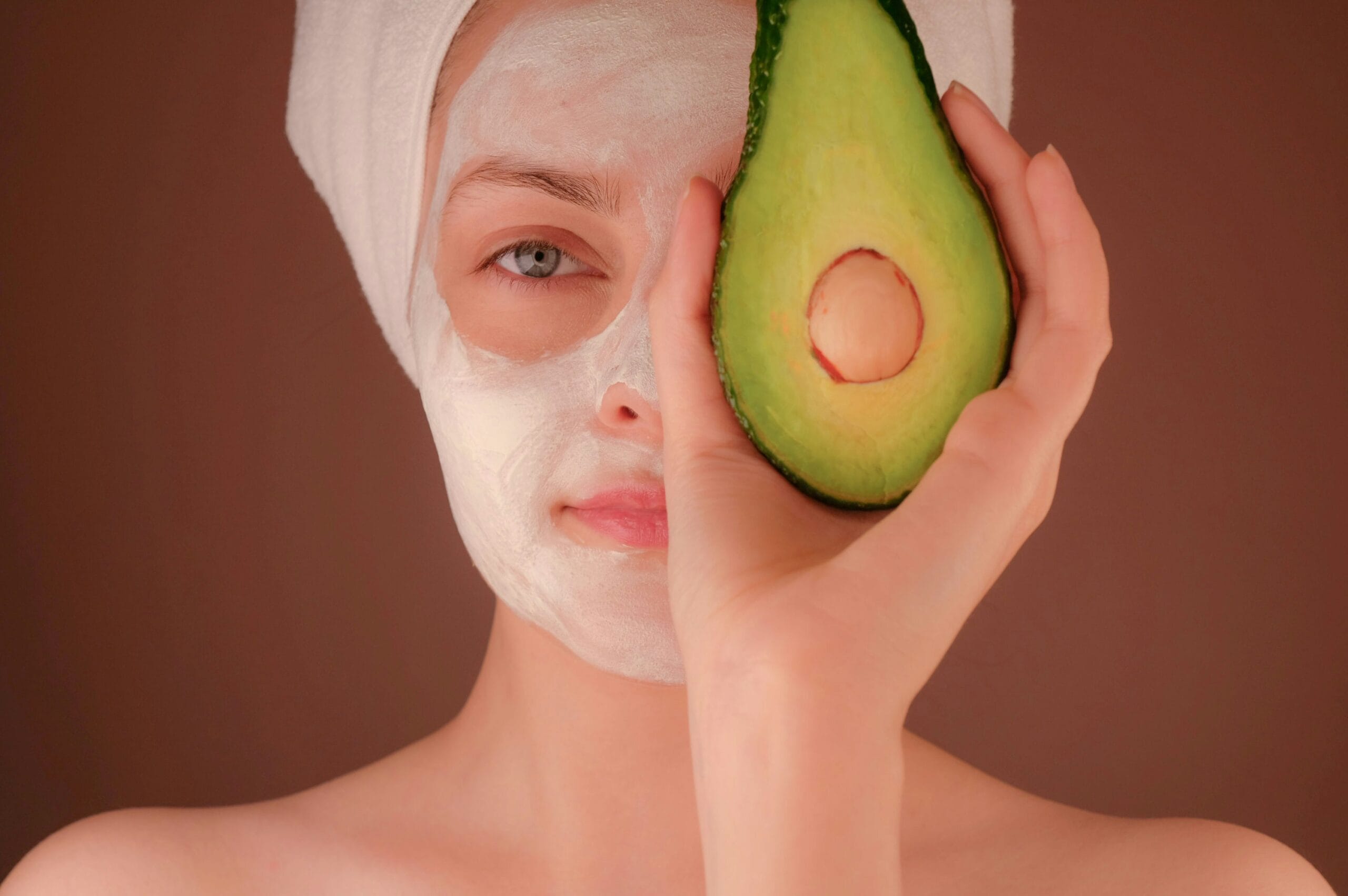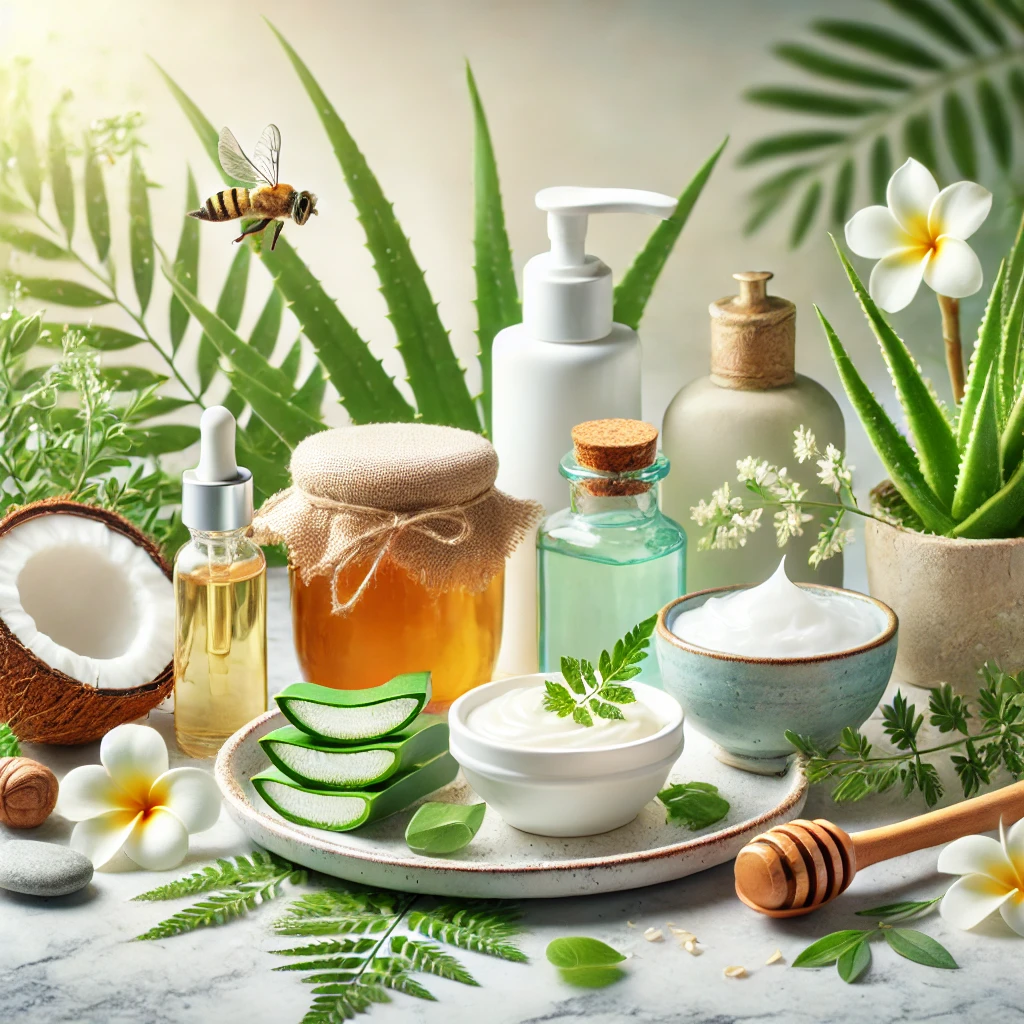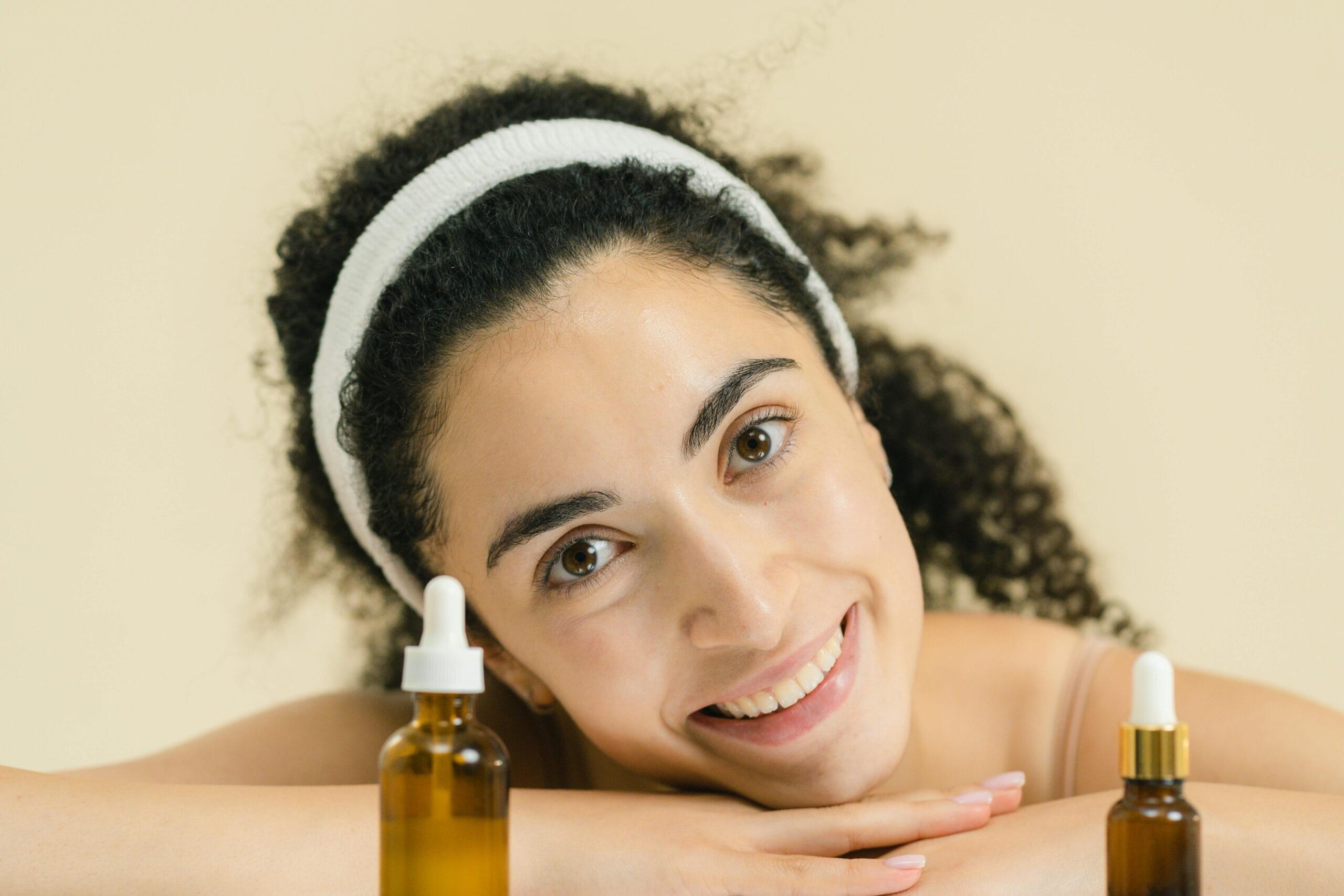Understanding Acne and Its Causes
Acne is a common skin condition that affects millions of people across various age groups, particularly adolescents and young adults. It can appear in different forms, including blackheads, whiteheads, papules, pustules, nodules, and cysts. Each type varies in severity and appearance, reflecting the skin’s complex response to different triggers. Understanding these lesions is crucial for finding effective natural remedies for acne and uncovering its underlying causes.
The primary contributors to acne development typically include hormonal changes, diet, and various skin conditions. Hormonal changes during puberty, menstruation, or pregnancy can increase oil production and lead to acne.
Additionally, dietary habits have been linked to acne severity; for instance, consuming high-glycemic foods and dairy products may exacerbate breakouts. Therefore, a proactive approach to preventing acne naturally may involve monitoring one’s diet and implementing home remedies.
Another significant aspect is the skin’s microbiome. Imbalances in skin bacteria can contribute to inflammation and the development of acne lesions. Maintaining healthy skin flora is critical for clear skin with natural treatments. Individuals seek organic solutions for acne prevention using natural ingredients like tea tree oil and aloe vera.
Lastly, understanding individual skin types and how they react to environmental factors can provide a better framework for acne control with natural ingredients. For those prone to acne, adopting natural skincare and leveraging the best plants for acne-prone skin can help mitigate outbreaks. Therefore, familiarizing oneself with the causes of acne is essential in formulating an effective strategy for both prevention and treatment.
Natural Ingredients to Combat Acne
The journey towards achieving clear skin with natural treatments often involves discovering the benefits of various natural ingredients known for their acne-fighting properties. Some of the most effective solutions include essential oils, herbs, and home remedies with antibacterial, anti-inflammatory, and healing benefits.
Tea tree oil is one of the best natural solutions for acne, renowned for its antimicrobial properties. Its active compound, terpinen-4-ol, effectively combats the bacteria that lead to acne formation. By incorporating diluted tea tree oil into a daily skincare routine, individuals can help prevent breakouts with natural methods. Another potent ingredient is lavender oil. This herbal treatment soothes inflammation, heals blemishes, reduces oil, and tightens pores for a balanced complexion.
Various herbs such as calendula and chamomile also serve as excellent natural acne remedies. Calendula possesses anti-inflammatory properties that help reduce redness and swelling, while chamomile calms irritated skin, thus supporting natural skincare for acne-prone skin. Incorporating these natural ingredients into DIY acne treatments at home can be easy and rewarding. A clay mask with bentonite absorbs oil and impurities; a balanced diet helps reduce acne.
Being mindful of how to prevent acne naturally can lead to healthier skin without the use of harsh chemicals. By utilizing acne control with natural ingredients, individuals can embark on a sustainable skincare routine that harnesses the healing power of nature.
Lifestyle Changes for Acne Prevention

Preventing acne involves a multifaceted approach, particularly emphasizing specific lifestyle changes that can significantly impact skin health. A balanced diet plays a crucial role in managing acne. Nutrient-rich foods, such as fruits, vegetables, whole grains, and healthy fats, contribute to clear skin with natural treatments. Foods high in antioxidants, zinc, and omega-3 fatty acids can particularly help fight inflammation and reduce the likelihood of breakouts.
Proper hydration is another essential element in maintaining skin health. Drinking adequate water allows the body to flush out toxins and supports overall skin elasticity, which further promotes the organic ways to reduce acne. Moreover, incorporating herbal acne prevention tips, such as green tea or chamomile, can also be beneficial due to their anti-inflammatory and antioxidant properties.
Stress management is equally important for acne prevention. Implementing relaxation techniques like mindfulness, yoga, or deep-breathing exercises can help balance hormones that contribute to acne flare-ups. Families must cultivate a supportive environment that encourages these practices, enhancing overall well-being and lower stress levels.
Furthermore, adequate sleep is integral to maintaining optimal skin health. Sleep deprivation can lead to hormonal imbalances, which may exacerbate acne. Ensuring a regular sleep schedule and creating a calming bedtime routine can help achieve the necessary restorative sleep required for skin rejuvenation.
Practical tips for families include preparing healthy meals together, encouraging hydration by keeping water accessible, and dedicating time to relaxation activities. By adopting these lifestyle changes, individuals can effectively implement the best natural solutions for acne, promoting long-term skin health without the use of harsh chemicals. Embracing these holistic acne prevention solutions is essential in developing a proactive approach toward achieving and maintaining clear, healthy skin.
Creating a Natural Skincare Routine for Acne Prevention
Establishing a personalized skincare routine is essential for preventing acne and promoting overall skin health. A well-rounded approach emphasizes the use of natural acne remedies and products that are free from harsh chemicals, which can aggravate sensitive skin. The first step in creating an effective regimen is to identify your skin type—whether it is oily, dry, combination, or sensitive—since this will guide your choice of natural ingredients.
Begin with a gentle cleanser, preferably one that contains organic ingredients like tea tree oil or aloe vera, known for their antibacterial and soothing properties. Cleansing morning and evening helps remove impurities and excess oil, which can lead to breakouts. When selecting your products, look for those specifically designed for acne-prone skin as these will be formulated to target blemishes while maintaining the skin’s integrity.
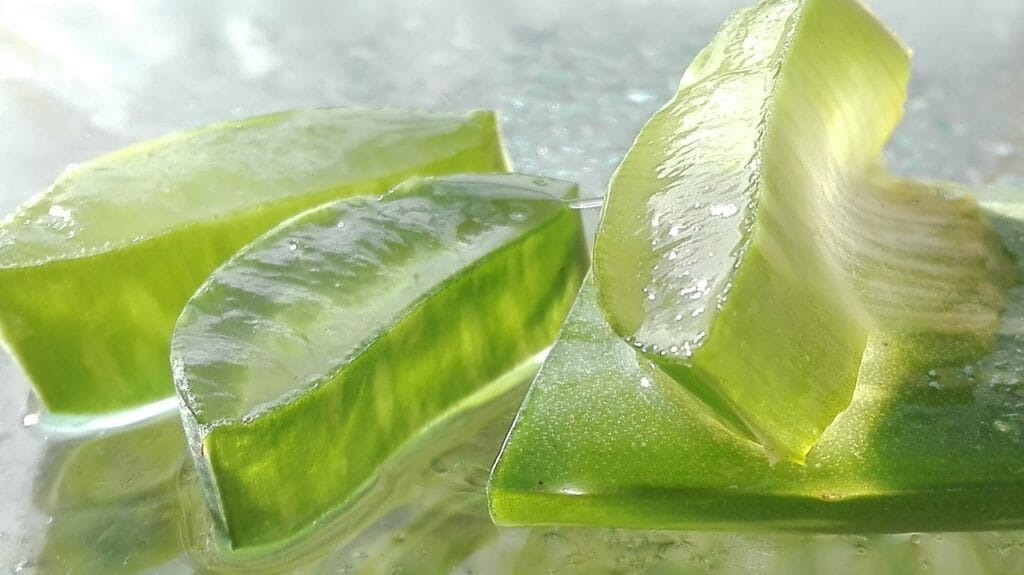
After cleansing, it is crucial to moisturize. Many people with acne-prone skin assume that they should avoid moisturizing, but this is a misconception. A lightweight, natural moisturizer with ingredients such as jojoba oil or shea butter can help maintain hydration without clogging pores. This step plays a vital role in keeping the skin barrier intact and preventing excess oil production.
Incorporating targeted treatments is also beneficial. Natural solutions such as honey, witch hazel, and lavender oil have been shown to reduce acne when applied topically. Additionally, consider herbal acne prevention tips like using green tea extract to calm inflammation.
It is important to remember that consistency is key; implementing these natural skincare steps regularly is necessary to observe significant results over time. Patience will aid the process, allowing your skin to adjust to the new regimen. Overall, a dedicated approach to natural skincare will help you achieve clear skin with natural treatments, paving the way to healthier skin free from harsh chemicals.

